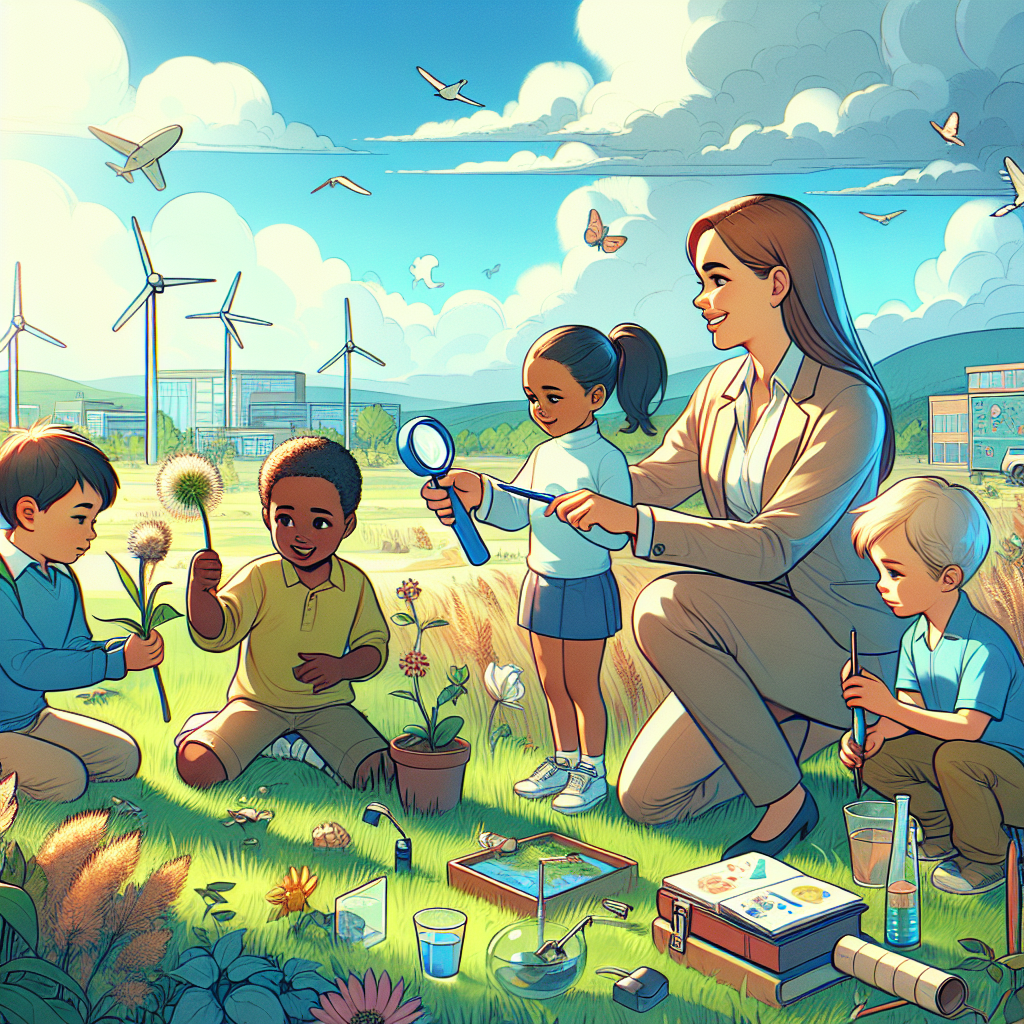Unleashing Potential: The Power of In-Person Tutoring Beyond the Classroom
- Sep 17, 2024
- 3 min read
In today's fast-paced educational landscape, students are constantly seeking innovative ways to enhance their learning experiences. While classroom instruction provides a solid foundation, there is undeniable value in exploring educational opportunities beyond the confines of traditional teaching methods. One such avenue that has gained significant traction is outdoor learning – a dynamic approach that offers unique benefits and enriching experiences for students.
Embracing Nature's Classroom
Outdoor learning goes beyond the four walls of a school, immersing students in the natural environment where learning effortlessly blends with exploration. Imagine a classroom surrounded by lush greenery, birds chirping in the background, and a gentle breeze that invigorates the senses. This immersive setting not only sparks curiosity but also fosters a sense of wonder and connection with the world around us.

Breaking the Monotony
One of the key advantages of outdoor learning is its ability to break the monotony of traditional classroom settings. Students step out of their comfort zones and into a realm where learning becomes an adventure. Whether it's conducting science experiments in a local park, observing wildlife in their natural habitat, or simply finding inspiration under the open sky, outdoor learning offers a refreshing change of pace that revitalizes both the mind and spirit.
Fostering Holistic Development
Beyond academic excellence, outdoor learning nurtures holistic development by emphasizing experiential education. Students engage in hands-on activities, team-building exercises, and critical thinking challenges that promote skills such as problem-solving, communication, and adaptability. These experiential lessons not only deepen academic concepts but also cultivate essential life skills that are invaluable in today's competitive world.
Connecting with the Environment
In a time when environmental awareness is more critical than ever, outdoor learning serves as a powerful tool to instill a sense of stewardship and appreciation for the natural world. By immersing students in nature, they develop a deeper understanding of environmental issues, sustainable practices, and the interconnectedness of all living beings. This firsthand experience fosters a sense of responsibility towards the environment and empowers students to become advocates for positive change.
Enhancing Academic Performance
Studies have shown that outdoor learning can have a profound impact on academic performance. By engaging with real-world scenarios and practical applications of theoretical concepts, students not only retain information better but also develop a deeper conceptual understanding. The hands-on nature of outdoor learning reinforces classroom teachings and enables students to make meaningful connections between theory and practice, leading to improved academic outcomes.
Conclusion
As we navigate the ever-evolving landscape of education, it is essential to recognize the profound benefits of outdoor learning in shaping well-rounded individuals. By embracing nature's classroom, breaking the monotony of traditional teaching methods, fostering holistic development, connecting with the environment, and enhancing academic performance, students can unlock their full potential and embark on a transformative educational journey beyond the confines of a classroom.
Let us embrace the boundless possibilities that outdoor learning presents and empower the next generation to thrive in an interconnected world where learning knows no bounds.
Remember, true growth occurs when we step outside our comfort zones and embrace the endless opportunities that await us in the great outdoors.
For students preparing for competitive exams such as IITJEE and medical entrance exams, the benefits of outdoor learning can complement their academic journey and provide a well-rounded educational experience. Explore the power of outdoor learning and unleash your true potential beyond the classroom.


Comments